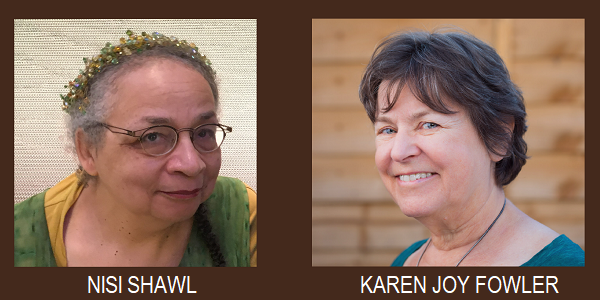I have a poem coming out in the near future at Strange Horizons (pause for congratulations – thank you, thank you) and because they also do a podcast, I read it aloud to my writers group so they could point out any snags in the way I read before I record it.
One of the lines references a grand-jeté, a ballet move. When I read it, I was thinking of both pronouncing it well in French — difficult, because despite years of studying French, my accent is poor — and making it understandable. I suspect I failed at both, because almost everyone mentioned it.
And it was also clear that some in my group didn’t know what a grand-jeté was. It appears that not everyone was forced into ballet classes as a small child.
I first took up ballet because the doctor recommended it due to my weak ankles. It was not a successful form of exercise, since the ballet teacher put me in toe shoes even though I was six, which probably did even more damage to my ankles.
I took ballet again when my sister did, for reasons that are no longer clear to me, though I eschewed the toe shoes and recitals. In truth, even had I been more physically talented — and while I am a person who needs a lot of physical activity, I am not especially talented at it — I had absolutely the wrong body type for ballet.
I am too tall, too large-boned, and at what is a good weight for my body type, far too fat. My height is in my torso, so my legs are relatively short. I’m not very flexible.
Ballet is rigid in many respects, despite the need for dancers to be flexible. Only certain body types need apply, especially when it comes to women. It is certainly unforgiving. And it tears up bodies, particularly women’s bodies, at about the same pace as American football does men’s.
While I have enjoyed watching ballet, I prefer modern dance, which has more respect for the human body in all its diversity. Modern dancers continue dancing into old age; ballet dancers quit in their 30s.
All that said, I have always wanted to be able to do a grand-jeté, which is a great leap in the air with the legs in a split. It looks like flying. It is a glorious move. And landing, particularly in toe shoes, requires great balance.
But none of that is what dawned on me when people commented on the reading. What dawned on me is that I assumed everyone knew what a grand-jeté was.
And they don’t. Continue reading “What’s in a Word?”…

